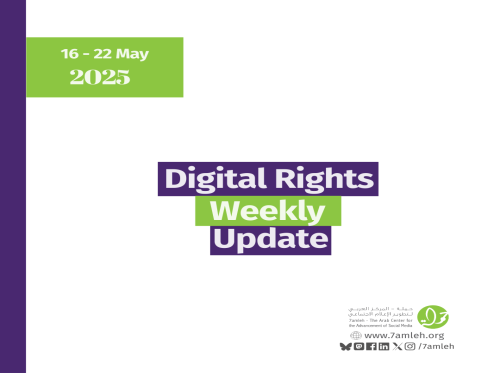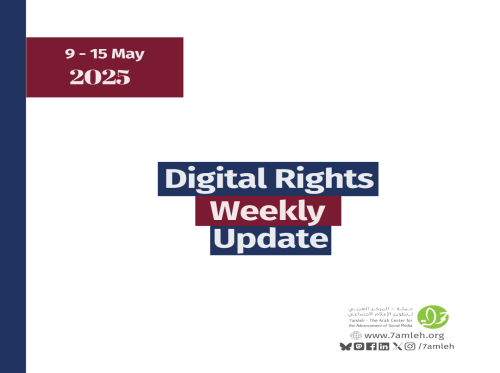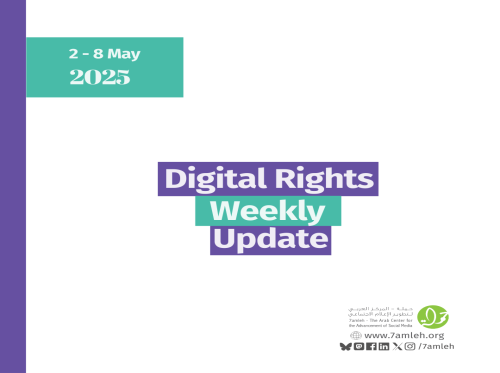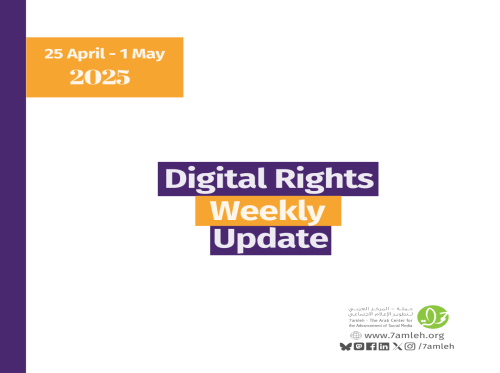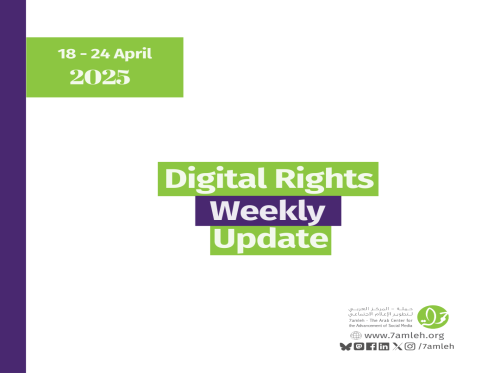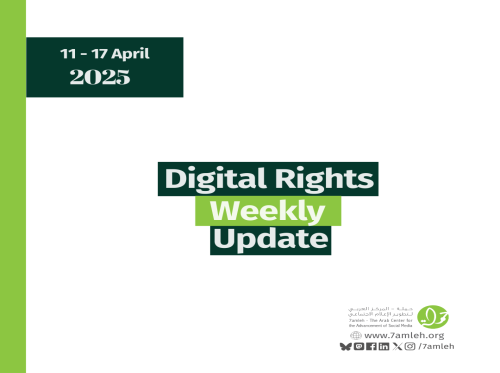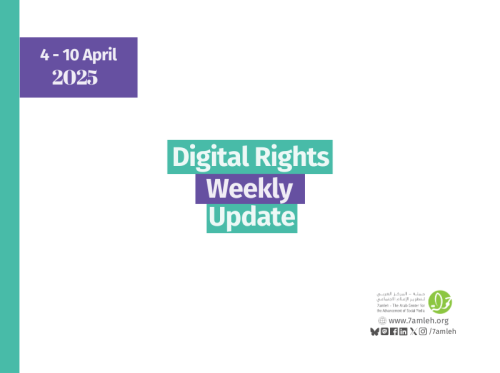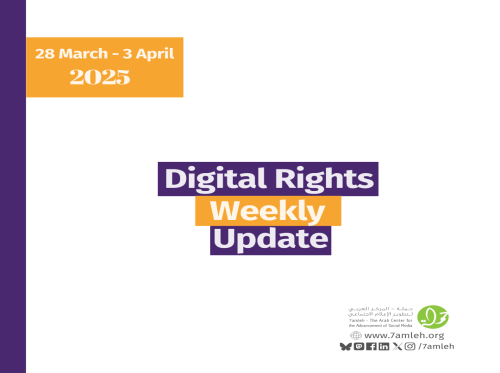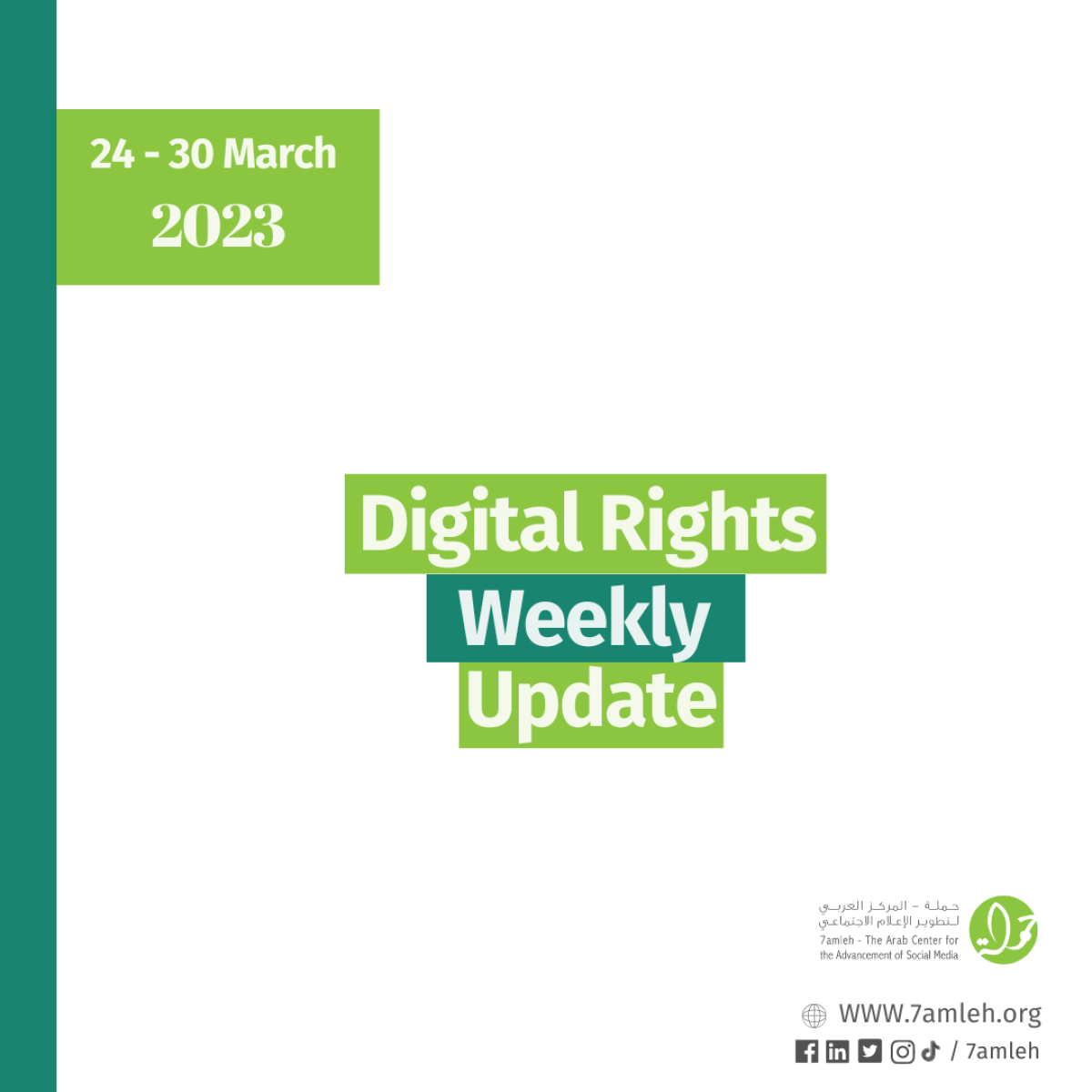
1.
7amleh
7amleh - The Arab Center for the Advancement of Social Media, published the results of the index of racism and incitement in public conversations published in Hebrew on the Internet during the year 2022. The year 2022 witnessed a significant increase in the volume of violent speech directed at the Arab and Palestinian communities, as violent speech increased by 10% compared to 2021, and the number of violent publications published through networks in the Hebrew language reached 685 thousand conversations, compared to 620 thousand violent publications during the year 2021.
2.
Anti-Palestinian Hate on Social Media is Growing, Says a Facebook Partner (English)
The Intercept
Violent and racist anti-Palestinian rhetoric grew more prevalent across social media platforms last year, according to a new report published by 7amleh, an organization that partners with Meta, the parent company of Instagram and Facebook. Hateful anti-Palestinian remarks grew by 10 percent in 2022, compared to the prior year, according to the new report, based on an aggregated analysis of mentions of “Arabs,” “Palestinians,” and related keywords by Israeli social media users.
3.
Digital Postcolonialism and NGO Accountability During COVID-19: Evidence from the Gaza Strip (English)
Science Direct
While prior studies have established the benefits of technology in helping the work of NGOs, they do so by treating technology as being created equal with everyone equally reaping its benefits. In reality, technology can be used as a new tool to colonise the virtual world, marginalise people in society, as well as perpetuate the oppression of historically excluded populations. The use of technology also redefines social structures in a big way, influencing how people interrelate and interact with each other, and changing the value people associate with given processes and practices including that by NGOs.
4.
Major Media and the Systemic Silencing of Palestinians (English)
Mondoweiss
Palestinians who don’t see themselves represented in news media have turned to sharing their experiences directly with the world on social media. But social media companies have been censoring Palestinians, in large part in response to pressure by the Israeli government, which has been arresting Palestinians for their posts online. An independent report commissioned by Meta confirmed that the company’s content moderation policies “had an adverse human rights impact… on the rights of Palestinian users to freedom of expression, freedom of assembly, political participation, and non-discrimination, and therefore on the ability of Palestinians to share information and insights about their experiences as they occurred.”
Related Articles
Subscribe to Our Email Alerts
And stay updated with our latest activities, news, and publications!

